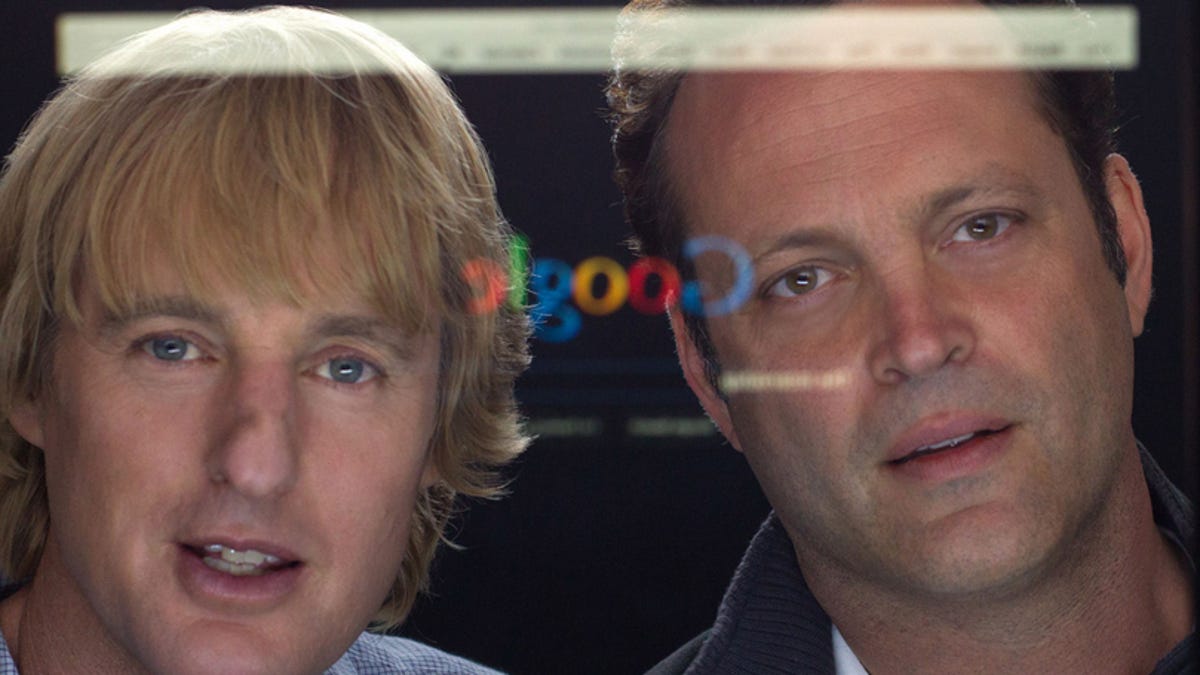Google: GPAs are worthless
Google's senior vice president of "people operations" reveals that grade point averages mean nothing in hiring. Oh, and Google's going to stop its silly brain teaser tests too.

Kids, you know that studying is boring.
Now I can tell you that it's useless, too. Oh, of course I always knew this deep down inside, but I was waiting for the one thing that would confirm this: data.
My eyes and ears are bathing in the finest and most accurate data money can buy: data from Google.
The quote that Google's Laszlo Bock -- who enjoys the stunningly human title of senior vice president of people operations -- emitted to The New York Times is joyous: "GPA's are worthless as a criteria for hiring, and test scores are worthless."
You see, I wasn't exaggerating. Google has finally decided that academic excellence is just that -- academic.
You may have managed people or merely been to college and surveyed the local bars.
You will therefore realize that the academically bright might not be the most practical, the most worldly or, indeed, the most anything -- except the most proficient at passing utterly pointless examinations of their memory.
But human experience isn't good enough for Google. It must have data to tell it what to do.
So Bock was kind enough to admit that it was data -- lots of very, very big data -- that led him to this conclusion.
The only slight correlation between supposed brains and real-world ability that his spreadsheets and algorithms suggested involved fresh-faced college graduates. But even this doesn't seem terribly significant.
You may now compose your hoary hosannas to this breakthrough for humankind -- or, at least, something that seems kind of human.
I will offer you another Bock quote: "Google famously used to ask everyone for a transcript and GPAs and test scores, but we don't anymore, unless you're just a few years out of school. We found that they don't predict anything."
And the joyously human data just keeps on coming: Bock said the percentage of Googlies who've never been to college is increasing. Sometimes, as much as 14 percent of team members are entirely unsullied by phis, betas, kappas, and Saturday football rah-rahs.
And then there are those utterly silly, supposedly brainteasing, questions Google used to ask interviewees. Yes, those questions that made only Google sound clever and surely attracted only those who enjoy counting all the colored balls in the children's area at IKEA.
Bock revealed: "We found that brainteasers are a complete waste of time. How many golf balls can you fit into an airplane? How many gas stations in Manhattan? A complete waste of time. They don't predict anything. They serve primarily to make the interviewer feel smart."
How many Googlies did it take to finally realize that? Perhaps it was the ones who haven't been to college who suggested examining the true worth of brainteasers.
Google is now tending toward something called "behavioral interviewing." This seems to involve actually wondering what you're really like and how you really live, think, and act.
Explained Bock: "The interesting thing about the behavioral interview is that when you ask somebody to speak to their own experience, and you drill into that, you get two kinds of information. One is you get to see how they actually interacted in a real-world situation, and the valuable 'meta' information you get about the candidate is a sense of what they consider to be difficult."
So now you know how Vince Vaughn and Owen Wilson managed to even squeeze into consideration at America's largest-brained organization.
Google now knows what it really needs. Said Bock: "You want people who like figuring out stuff where there is no obvious answer."
Yes, indeed. It's just like trying to find the perfect lover.

